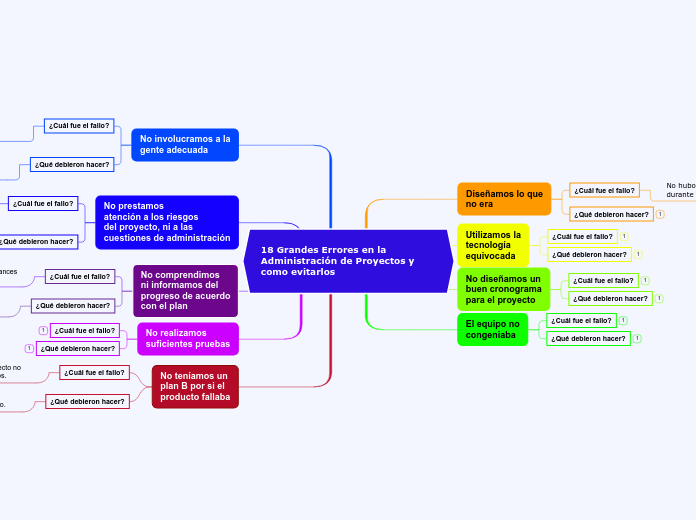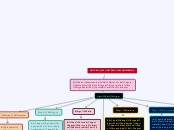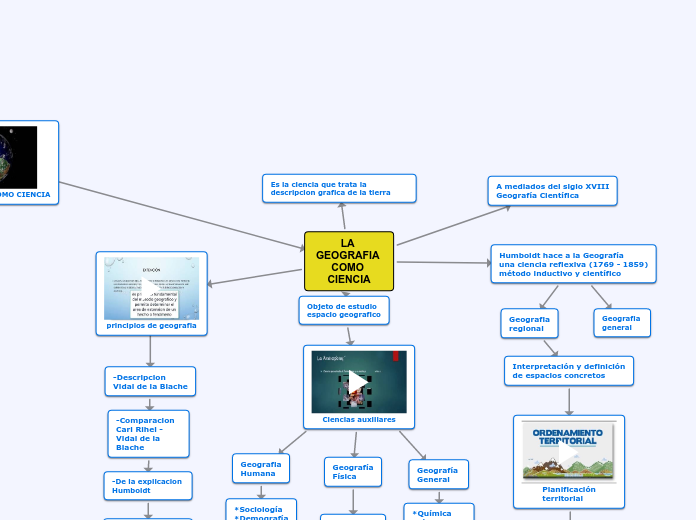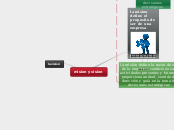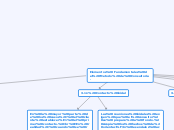18 Grandes Errores en la Administración de Proyectos y como evitarlos
The part of speech is a category to which a word is assigned according to its syntactic functions. In English the main parts of speech are noun, pronoun, adjective, determiner, verb, adverb, preposition, conjunction, and interjection.
No teníamos un
plan B por si el
producto fallaba
Elaborar un plan de emergencia ante cualquier situación de riesgo que amenace contra el proyecto.
No se tuvo una segunda opción por si el proyecto no resultaba ser lo esperado o si presentaba fallos.
No realizamos
suficientes pruebas
A conjunction is a word like 'if' 'but' or 'and' which is used to connect sentences or clauses together.
Subordinating conjunctions are conjunctions that are used at the beginning of subordinate clauses. Some examples of these conjunctions are: although, after, before, because, how, if, once, since, so that, until, unless, when etc.
Cumplir con cierta cantidad de pruebas para garantizar un software de calidad.
Coordinating conjunctions always connect phrases, words, and clauses. They are: for, and, nor, but, or, yet, so.
Al no realizar las suficientes pruebas generó problemas de seguridad, rendimiento y estabilidad del software.
No comprendimos
ni informamos del
progreso de acuerdo
con el plan
An interjection is used to express emotion in a sentence.
Think of other interjections!
Cumplir con lo acordado en las fechas correspondientes de entrega.
Acordar entregas con el cliente para revisar los avances del proyecto, pero no se realizaron. (hitos)
No prestamos
atención a los riesgos
del proyecto, ni a las
cuestiones de administración
An adverb is used to describe a verb, but it can also describe an adjective or another adverb.
Adverbs normally help paint a fuller picture by describing how something happens.
Solicitar al analista el resumen de la matriz para evitar a toda costa fallos del proyecto y tenerlos en cuenta.
No se realizó una matriz de riesgos para tener en cuenta el plan de mitigación de amenazas, ni el plan de mitigación de impacto.
No involucramos a la
gente adecuada
A numeral is a word or phrase that describes a numerical quantity.
Some theories of grammar use the word 'numeral' to refer to cardinal numbers that act as a determiner to specify the quantity of a noun, for example the 'two' in 'two hats'.
Reestructurar el personal que se encuentra trabajando en cierta área, para así identificar los posibles fallos.
Contratar personal que no cuenta con los conocimientos previos o con suficiente experiencia sobre el tema.
El equipo no
congeniaba
An article is a word used to modify a noun, which is a person, place, object, or idea. Technically, an article is an adjective, which is any word that modifies a noun.
Indefinite articles are the words 'a' and 'an.' Each of these articles is used to refer to a noun, but the noun being referred to is not a specific person, place, object, or idea. It can be any noun from a group of nouns.
Realizar actividades donde los integrantes aprendan a trabajar en equipo y asimismo una buena comunicación.
It refers directly to a specific noun or groups of nouns.
No había sinergia entre los equipos del proyecto, por tal motivo se brindó a distintas situaciones que impidieron el buen desarrollo del este.
No diseñamos un
buen cronograma
para el proyecto
A pronoun is a word that can be used in place of a noun, typically after the noun itself has already been stated.
Unlike demonstrative pronouns, which point out specific items, indefinite pronouns are used for non-specific things. This is the largest group of pronouns. All, some, any, several, anyone, nobody, each, both, few, either, none, one, and no one are the most common.
Contratar un analista que asigne un tiempo promedio para cada actividad que los grupos requieran para realización del mismo.
Interrogative pronouns are used in questions. Although they are classified as pronouns, it is not easy to see how they replace nouns. Who, which, what, where, and how are all interrogative pronouns.
Cada integrante del equipo no tiene la experiencia y entendimiento necesario para justificar el tiempo requerido
Utilizamos la
tecnología
equivocada
A noun is defined as a person, place, thing or idea. Proper nouns always begin with a capital letter. Common nouns, which are general words, such as 'cars,' are not capitalized.
Countable nouns are nouns that can be counted, even if the number might be extraordinarily high.
Uncountable nouns are nouns that come in a state or quantity which is impossible to count; liquids are uncountable, as are things which act
like liquids.
Usar herramientas que los trabajadores tengan dominio o capacitar a los mismos para mejorar en ese aspecto.
Proper nouns are the names of specific people or places. They should always begin with a capital letter.
Emplear herramientas de software que los empleados no tengan conocimiento de ello, por lo cual se presentan fallos a la hora de empezar con el proyecto. (poca capacitación)
Diseñamos lo que
no era
A verb is an action word or 'doing' word that signifies movement in some way.
¿Qué debieron hacer?
A modal is a type of auxiliary (helping) verb that is used to express: ability, possibility, permission or obligation. The main modal verbs in the English language are: can, could, may, might, must, shall, should, will, would.
Establecer una buena relación con el cliente para que al expresar cambios o ideas del proyecto, ambas partes tengan claro qué es lo que busca.
¿Cuál fue el fallo?
A linking verb connects the subject with a word that gives information about the subject, such as a condition or relationship.
No hubo una comunicación clara con el cliente durante la definición del proyecto.
